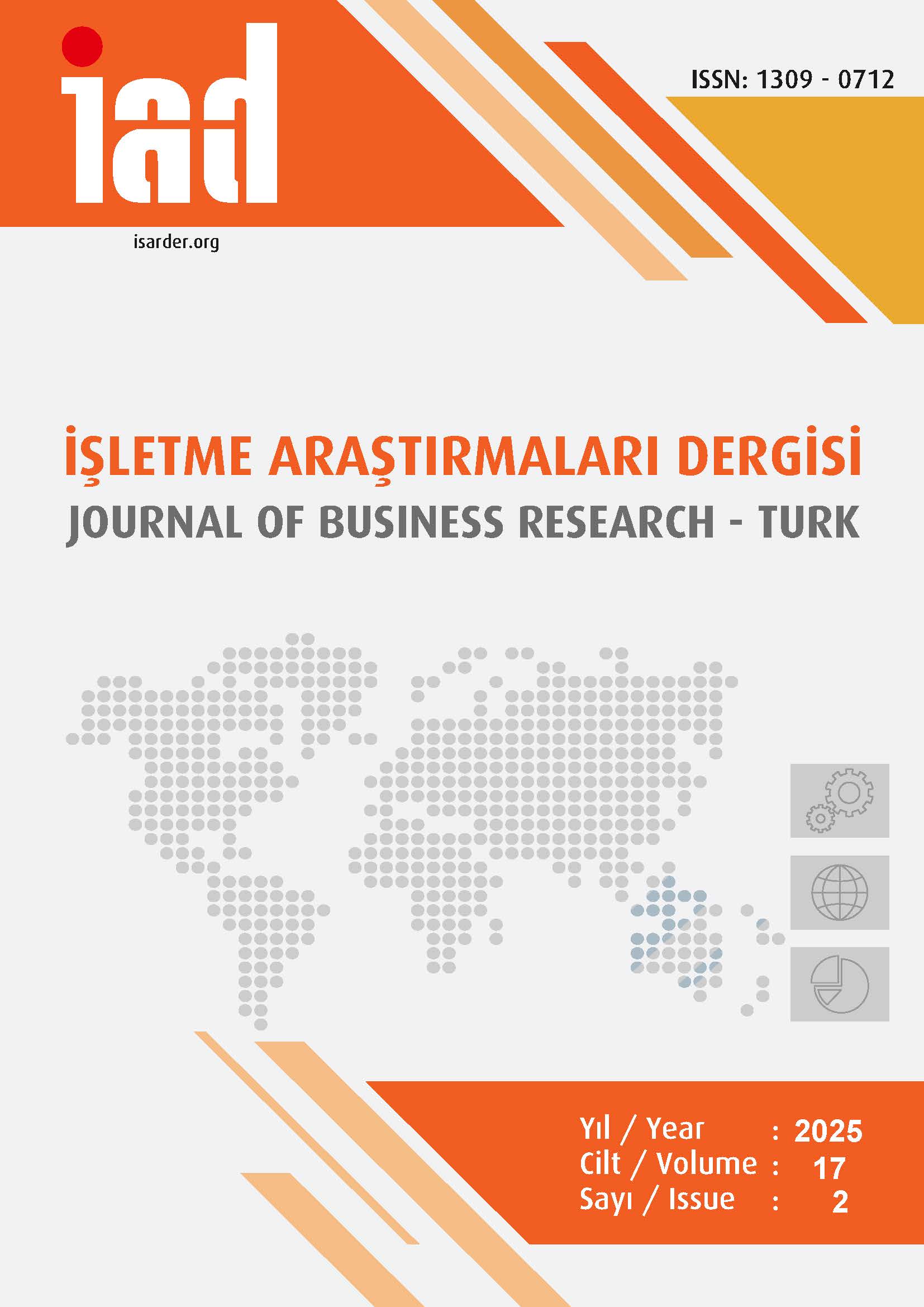A Research on Organisational Ostracism of Immigrants in Istanbul: The Case of Esenyurt District
DOI:
https://doi.org/10.20491/isarder.2025.2055Keywords:
Immigrants, Ostracism, Organisation, Qualitative ResearchAbstract
Purpose - This research examines the experiences of organisational ostracism faced by migrants from different ethnic backgrounds residing in Istanbul, with a particular focus on how these experiences develop and change over time and their emotional dimensions. This research aims to give a voice to immigrants going through a difficult process and to emphasise the universality and prevalence of their experiences. It also contributes to a better understanding of these experiences by identifying the negative and positive emotions experienced by different immigrant groups and evaluates the perceptions of local people towards immigrants. This study is expected to contribute to the existing literature on organisational exclusion and emotional experiences of immigrants.
Design/methodology/approach - Phenomenological design, one of the qualitative research methods, was used in the study. Semi-structured interviews were conducted with 14 migrants in Esenyurt district of Istanbul province and the participants' immigration experiences, how they were perceived by the society, their feelings of being in Turkey and their future plans were analysed by content analysis method.
Findings – The findings of the study showed that the main reasons for immigration for immigrants were war, economic difficulties, freedom and faith. Immigrants faced difficulties in adapting to a new culture and society and experienced ostracism and discrimination in the work environment, social environment and legal environment. However, some participants also felt a sense of hospitality and trust in Turkey. In terms of future plans, some participants aspire to return to their country, while others prefer to stay in Turkey because of their families and their new lives.
Downloads
Published
How to Cite
Issue
Section
License

This work is licensed under a Creative Commons Attribution-NoDerivatives 4.0 International License.





